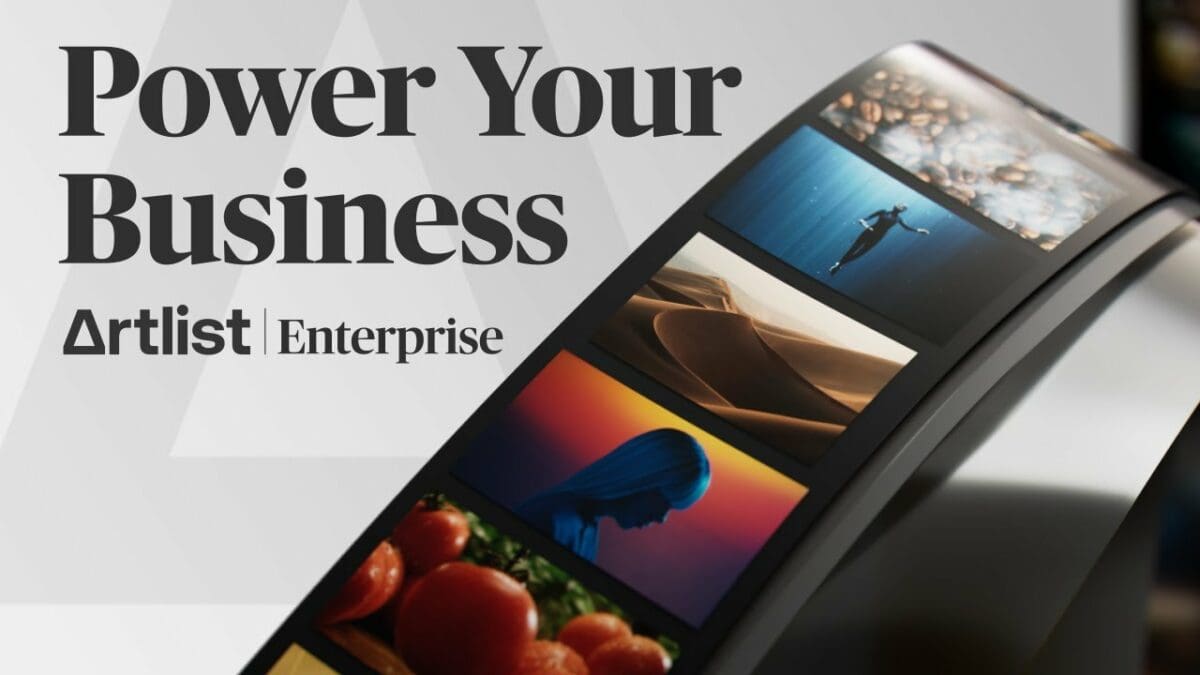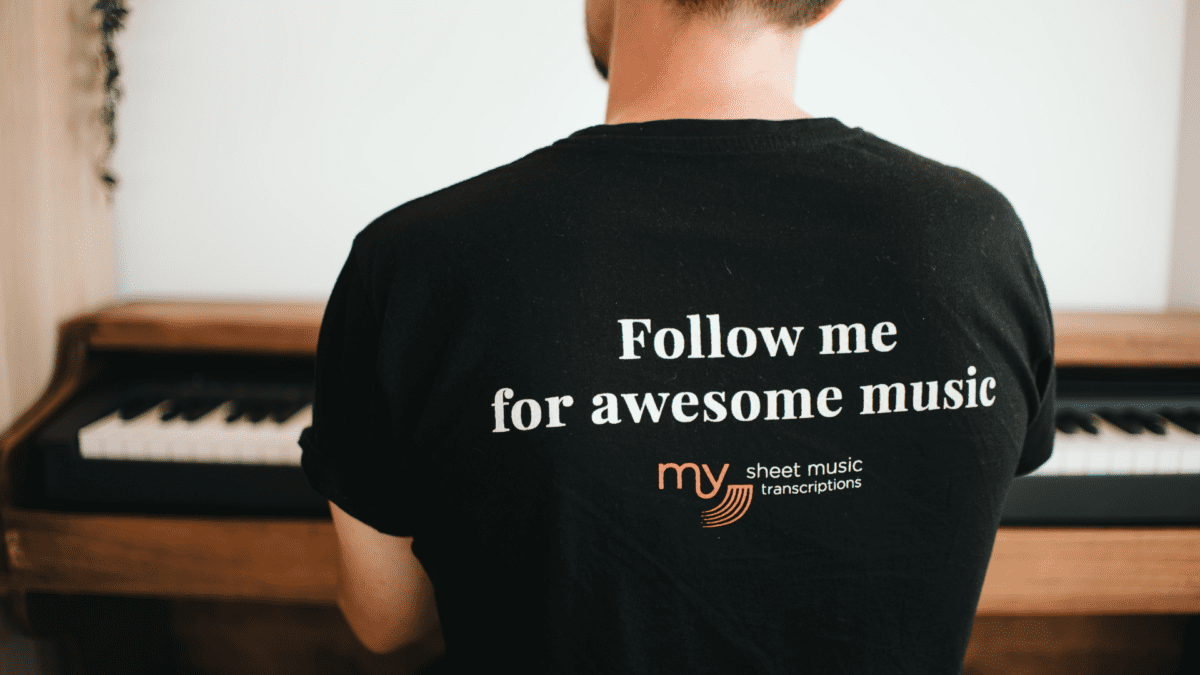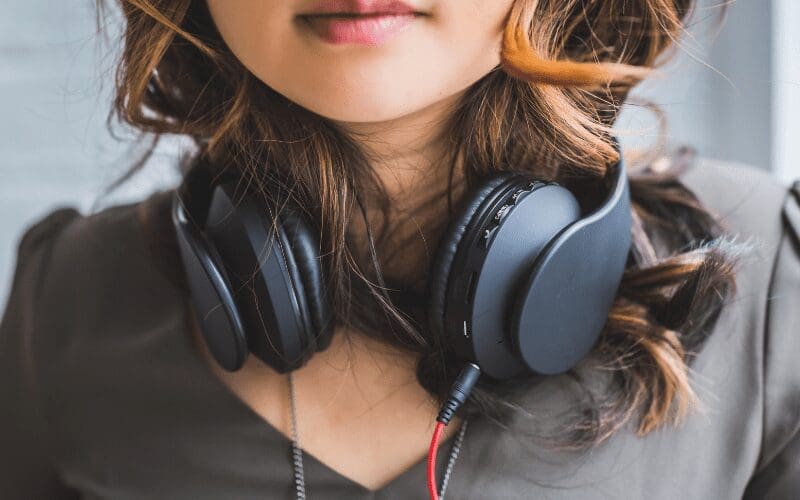
As a musician, it’s super important to be in the know about music licensing fees. This guide will teach you everything you need to know, and could save you a hefty fine or court case! It’s okay, you can thank us later.
Licensing your music can be incredibly rewarding. But, just over two years ago, The Independent exposed a $2.65 billion loss for the music industry. Why? Well, small businesses were illegally licensing music.
Just 17% had licenses for playing music publicly. Many owners and employees incorrectly believe that their personal Spotify or Apple Music accounts can be used for background music. Without it constituting a “public performance”.
The legal requirements are clear. But there’s a lot to break down when it comes to music licensing fees.
Firstly, in this article we’ll be breaking down music licensing fees (UK), streaming music licensing fees, and how YouTube music license fees work.
Lastly, we will also be clarifying who is responsible for paying music licensing fees. Teaching you everything you need to know.
There have been some big changes in this area recently in the UK. But don’t worry, we’ll outline all the music licensing details you need. Don’t be a music pirate – read on!
Are you releasing new music?
Book a meeting with a Music Gateway A&R today.
Discuss release strategies, distribution, growing your fanbase, organic playlisting, press, radio and more.
What Are Music Licensing Fees?

In essence, music licensing is asking permission to use someone’s music for a fee. This can get complicated, however. As, often, many creators are involved in the music you want to use. You must get permission from all of them.
There are also different types of licenses for different purposes. For example, if you’re using music as background for your YouTube live stream, that’s a different license to getting a license for music in a movie trailer. The distribution size of your project can also affect licensing.
Some entrepreneurs recognize just how complex and potentially expensive all this could be for content creators. Built royalty-free music platforms. These cut multiple music licensing applications into just one membership fee for using the platform.
On the other side of the industry are the artists making music. Artists are usually affiliated with national organizations that represent them. They collect and pay their members any owed royalties.
In the UK, there are two separate organizations for artists to collect music licensing fees. 150,000 songwriters, composers, and music publishers are members of PRS For Music. While over 120,000 musicians, performers, and record labels are represented by PPL.
Before joining these groups, musicians should know about which copyright licenses they hold. We’ve covered this in real detail in our Guide To Sync Licensing.
But essentially, if you record a cover of a tune by Lizzo, you’ll have the master rights. But Lizzo will retain publishing rights for the song she wrote.
If you write, record, and produce a track entirely on your own, you have 100% of master rights and publishing rights.
For a lot of advertising bodies, getting a freelancer to cover a popular hit saves them spending money on the master rights. Though they’ll still need publishing rights to be granted.
Music Licensing Fees

Firstly, there are four types of rights holders and each is paid music licensing fees.
You can read more in our article Music Rights: The Ultimate Guide By The Мusic Gateway Bible.
Whilst you’re here though, here is a little bit of information on each one:
Master & Composition Rights
Owned by the individual(s) who recorded the tracks.
If you’re signed to a record label, depending on your contract, they might own your master rights.
Composition rights are owned by the original composer.
Synchronisation Rights
Often negotiated on behalf of artists by a rights organization.
These grant licensees permission to sync music with visual elements such as film. For a synchronization license fee.
Mechanical Rights
Owned by the independent artist or record label.
These permit physical or digital copies of the track to be made for a production license fee.
Making a copy of the music to be used in a soundtrack, for example, will generate royalties for the artist every time it is streamed or bought.
Performing Rights
Owned by copyright holders allowing your music to be played in a public performance or broadcast online/radio/TV for a fee.
Once again, publishers should pay you these performance royalties.
Music licensing Fees – Companies
Okay, this is where we get into the nitty-gritty!
Licenses differ depending on your project. If it’s online or in person. For TV or radio. If you want to copy music to DJ or simply play it in the background.
If you’re a business playing music from background music, or you want to play music for a live event or public performance on your premises, the rules have recently changed. And remember, licensing rules can vary from country to country.
One great US-based company is Easy Song – which specializes in clearing cover songs for use, as well as custom licensing options for anything from YouTube, film, print, web, and tv, to advertising, corporate, derivatives, and theatrical rights. With subscription options and one-time fees, you can customize how you license your music.
Or for the UK, PRS For Music and PPL have created a license called TheMusicLicence which should make it a lot easier for small businesses to comply and musicians to get paid their dues.
The cost varies depending on the size of the audible area (in square meters) where the sound recording can be heard.
For example, for pubs, bars, restaurants, or hotels using background music, the fee is £146.30 (1-400sqm audible area). But, increases to £365.78 when the audible area is between 951-1000sqm.
If you’re trying to license music for a particular project, however, there are specific licenses to look at.
PRS For Music divides its licenses into 4 categories:
- Limited Online Music License (LOML)
- Mechanical/Production Music License
- Limited Manufacture License
- Pro Dub License
Here’s a bit more about each one.
Limited Online Music License (LOML)
Firstly, if you broadcast music online and the broadcast makes less than £12,500/yr. This is the license for you.
LOML offers the cheapest streaming music licensing fees.
For now, LOML covers Facebook and YouTube music license fees. But not Twitter and Twitch just yet. Stay tuned though!
Mechanical/Production Music License
Mechanical licenses allow you to create copies of your production. Such as downloads, CDs, vinyl, and DVDs.
The PRS has a Mechanical Copyright Protection Society (MCPS) which is a library of music written for audiovisual productions.
There is a £100 joining fee for music writers who want to get listed in the library and start making royalties.
For music licensing fees for film, you need a production music license. Licensing costs for films depend mostly on the film budget. But you’re looking at between £3,000 and £10,000.
For TV and radio broadcasters, the music licensing fee will be dependent on your project. As well as how much-licensed music is used and your viewing figures. As an indicator, UK general TV music licenses are between £21,000 and £60,000 in 2021.
There are different licenses for music broadcasts, local TV, and independent production companies. Some projects (like university radio broadcasts) are much cheaper, however.
Limited Manufacture License
For domestic, charities, religious, educational, and amateur projects looking for blanket permission to use music in their work. The LM license is simple and quick.
This kind of licensing covers wedding films, amateur dramatic recordings, and community project videos.
There’s a cap on 1,000 copies of your audiovisual work. The more copies you make, the more expensive it gets. Ranging from £7- £300.
Pro Dub License
This music license is designed for DJs, performers, or fitness instructors. They can copy the music they own onto a laptop for professional or semi-professional performances.
Lastly, costs depend on how many tracks you copy per year. For example, the level 1 tier is up to 5,000 tracks and costs £212.77.
License Your Music With Мusic Gateway
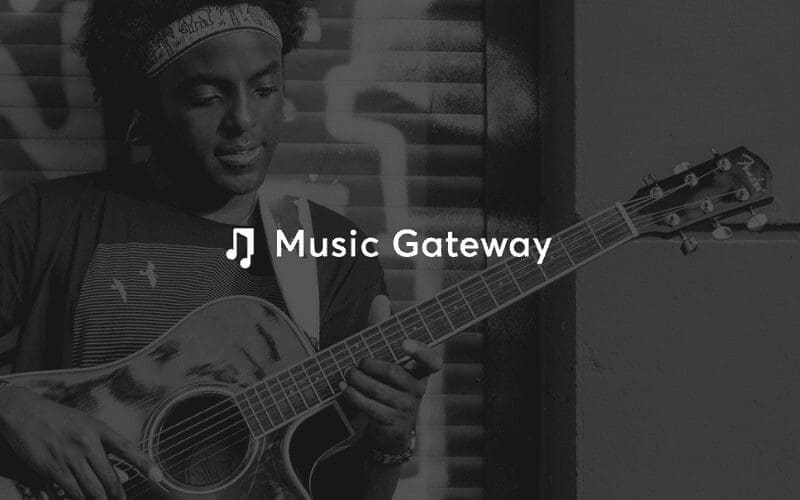
For musicians and filmmakers looking to match music to visuals, we offer our own music licensing service. An extensive library of independent artists is cataloged in useful playlists by genre and mood.
We have recently started offering a selection of royalty-free music, but we also have a massive music library. This is not royalty free, however, we have the copyright holder information and so we can help you license any track in our library very easily!
We also offer the facilities to hire a music supervisor and hire a composer. You should check them out!
For musicians, Мusic Gateway’s licensing model also ticks all the boxes. As an artist, Мusic Gateway only represents your synchronization licenses. Although we charge up to a 25% fee for sync fees for music licensing, you keep 100% of your master and publishing rights. Entitling you to all performance and backend royalties.
Meanwhile, we pitch music on your behalf to top film, TV, and gaming execs in London and LA. Bringing high-level briefs for you to sign off and start making royalties.
Who Is Responsible For Paying Music Licensing Fees?
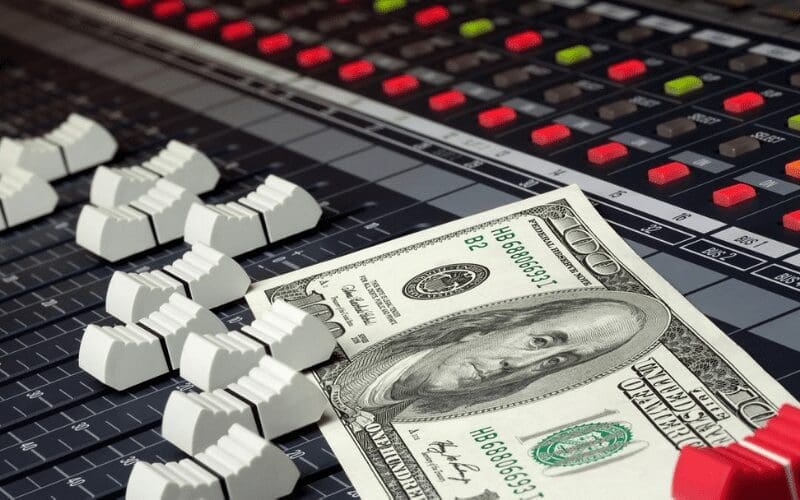
This totally depends on the project.
Firstly, managers of radio stations, TV channels, and online services will usually be responsible for ensuring the music licensing fee is paid.
In the case of streaming providers like Spotify, Apple Music, YouTube, and the BBC, licensing teams have obtained a music license from the PRS or PPL. Or ASCAP, BMI, and SESAC in America. This is for any music or sync music they broadcast.
You can estimate how much you could earn on streaming platforms like Apple Music, Spotify, and Google Play with our Streaming Royalties Calculator.
For someone posting copyrighted music on social media, it is the individual content creator who’s responsible for paying the license fees. Although YouTube and Facebook have a duty to moderate videos/accounts with unlicensed music.
For retail and hospitality businesses, as well as charities and healthcare centers, the management is also responsible for paying for the music license. As they are attracting customers and profiting from the ambiance the music creates.
When it comes to individual filmmakers/artists seeking to integrate music into their projects. The creative director/producer ensures that music licensing fees are paid.
These fees are paid to rights organizations who then pay royalties to their members.
Lastly, when it comes to royalty-free music, like Мusic Gateway’s sync music platform, the provider distributing the music is responsible for paying royalties when their music is used publicly.
That Was Our Guide On Music Licensing Fees
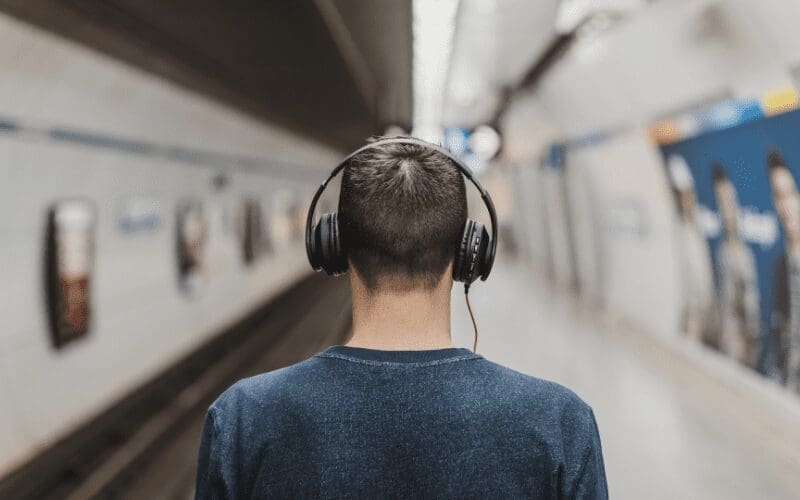
Wow, we’ve covered a lot of ground!
Hopefully, that answers a lot of your questions about music licensing fees.
As copyright owners have the exclusive right to play the copyrighted music in public, anyone seeking to play the music publicly must pay a fee.
We’ve unpacked what music licensing fees are and what streaming music licensing looks like. Additionally, we have gone through how music licensing fees for film and online platforms like YouTube work.
We’ve also included which organizations you can join to be paid royalties for your music. Including Мusic Gateway, which, don’t forget, provides its sync licensing service! As well as a library for talent-seekers to discover and platform your incredible soundtracks!
Hopefully, this helps you to ensure your business compensates artists fairly. Or inspires you, as a musician, to see that royalties can be a great way of gaining recognition and revenue from quality content.
Lastly, don’t forget to share this article with your fellow musicians and give us a tag on your socials @musicgateway! We would love to hear what you think about this guide, so feel free to share your thoughts in the comment section below!








